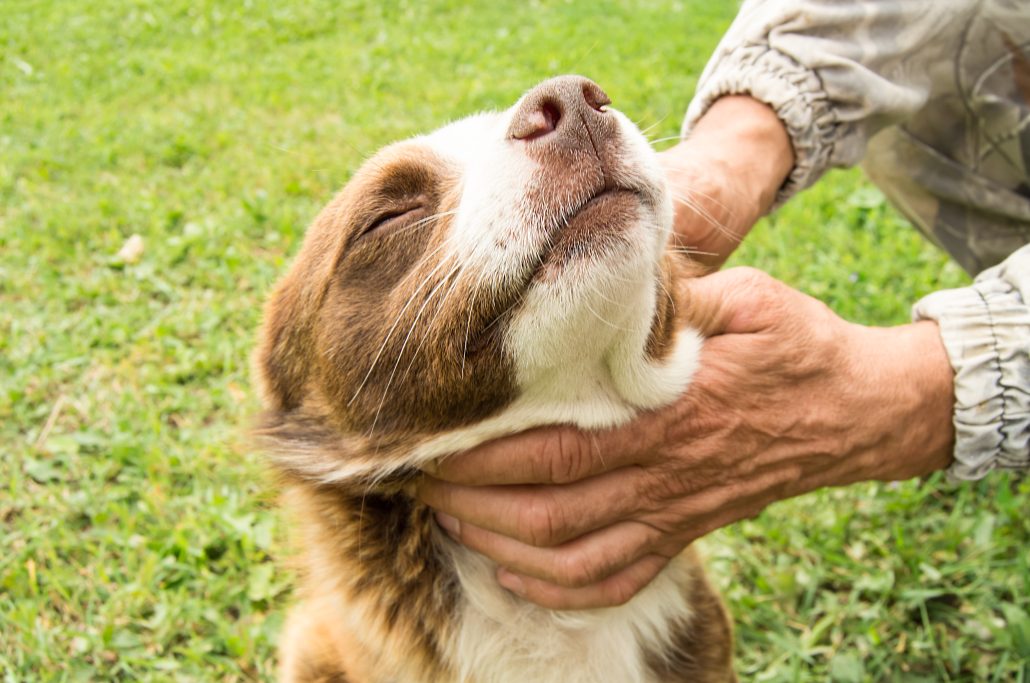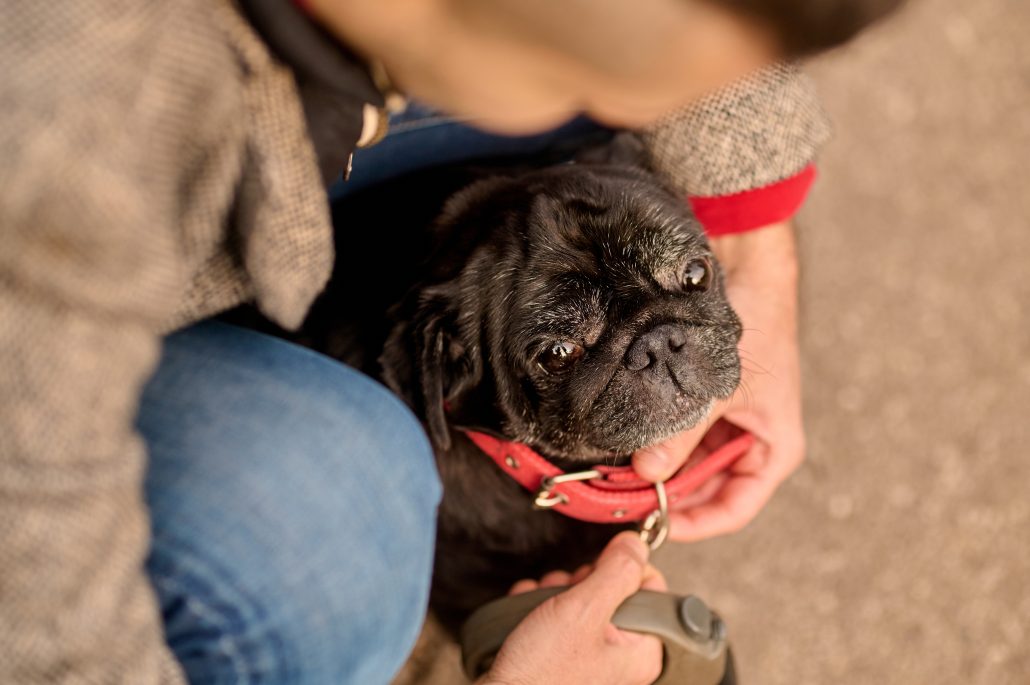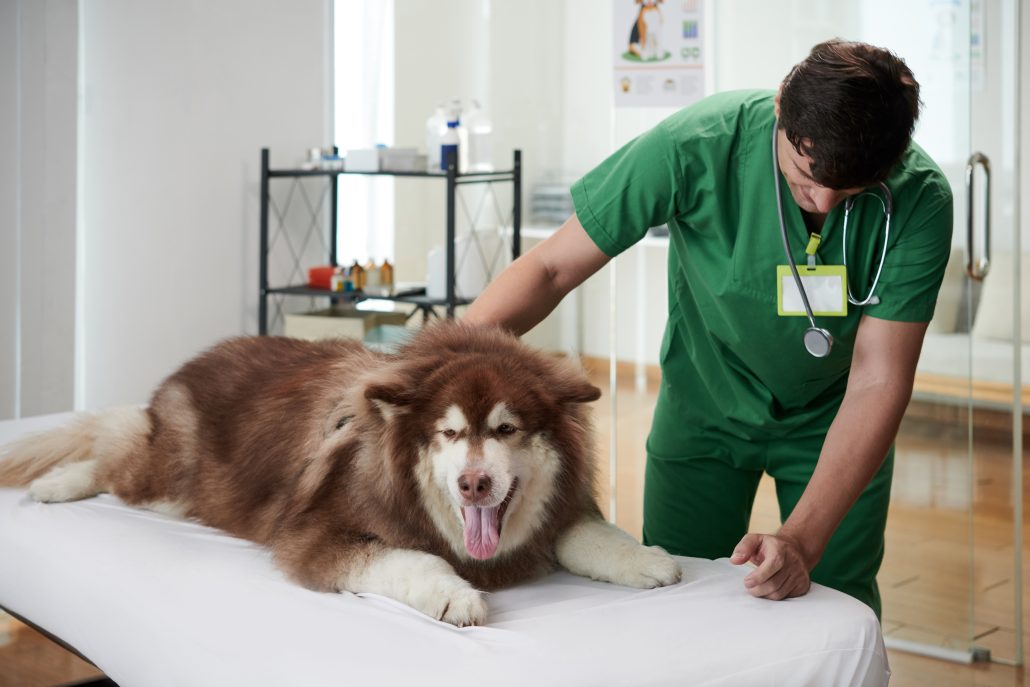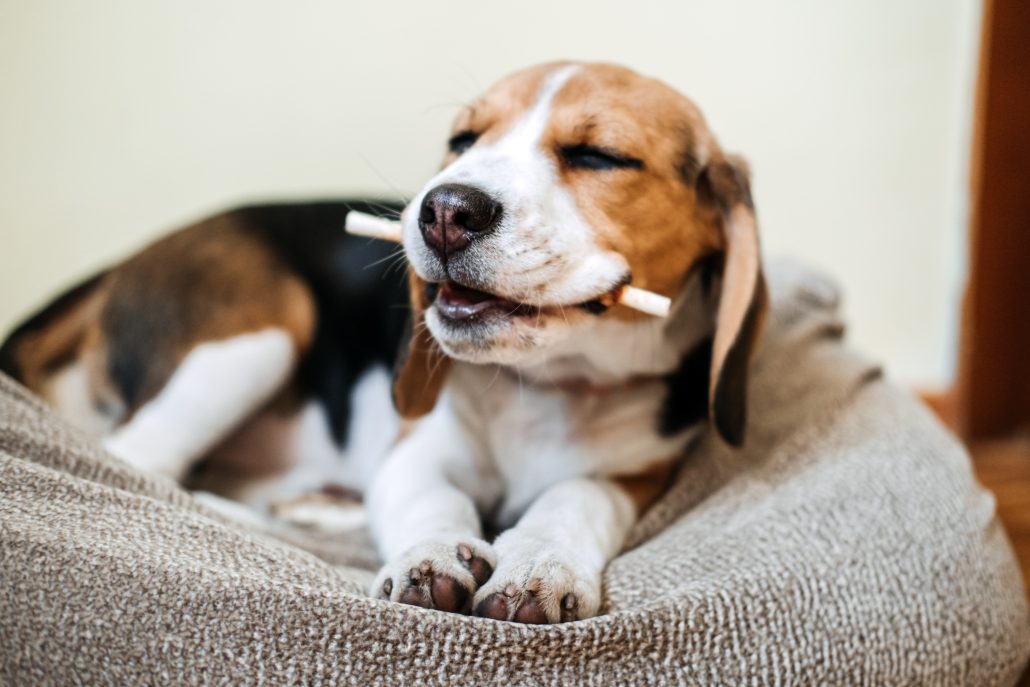
Hack. Snort. Gag. Sneeze. Our pets can make a lot of funny noises. While many of these sounds can be amusing, especially when they come out of nowhere, it often leaves us wondering what causes them and if we should be concerned.
The occasional cough or wheeze is not a usually cause for worry as it is just a way for our companions to clear their throats and breathe better. However, a persistent cough or prolonged wheezing, especially when paired with other symptoms requires a trip to your local vet! It’s always better to be safe than sorry, as some underlying conditions are more serious than others and require immediate attention.
In this post, we explore the various noises your pets make and some of the reasons your pet might be coughing and wheezing, from common infections and allergies to more serious conditions like heart disease and asthma. Understanding these causes can help you take better care of your furry friend and ensure they stay healthy and happy!
Understanding Reverse Sneezes
Imagine this: Your dog suddenly stops, extends their neck and starts snorting. The sound is loud and sudden, a rapid series of inhalations that make it seem like they are struggling to breathe. If it is your first time experiencing this, it can seem alarming! Is your pooch choking? Are they in respiratory distress?
These are often signs of a reverse sneeze or paroxysmal respiration. It is a command condition where dogs rapidly pull air in through the nose, producing a sound that can be quite alarming. Fortunately, it is a common condition and not typically any cause for concern. It can occur in dogs of any age, and affects both males and females equally. Although it can happen in any breed, it is most common in smaller dogs or brachycephalic breeds such as bulldogs, pugs and shih tzus.
What Causes Reverse Sneezing?
While the exact cause is unknown, reverse sneezing can be triggered by inflammation or irritation of the nasal, pharyngeal, or sinus passages. It is often your dog’s attempt to remove the irritant causing the discomfort. Common irritants include dust, nasal mites, seeds, grass, pollen, and smoke.
Additionally, certain conditions such as nasal obstructions and growths or an elongated soft palate can lead to reverse sneezing. Other triggers can be related to the dog’s behaviour and environment. Excitement, pulling too hard against a leash, and eating or drinking too quickly can all cause episodes of reverse sneezing.
Treating Reverse Sneezes
Most reverse sneezing episodes last for less than a minute but can be just as frightening for your pet as it is for you. In most cases, reverse sneezing is nothing to be overly concerned and your dog will probably just shake it off like nothing happened.
Some owners will find that gently massaging their dog’s throat, holding their nostrils closed for a few seconds, or even blowing lightly into their face to encourage swallowing can reduce the severity of the sneeze. As reverse sneezing can be alarming for your dog as well, comforting and calming them can also be helpful. You can try to distract them with a toy or treat to ease their anxiety.
For dogs that experience frequent or more severe episodes of reverse sneezing, your veterinarian may treat them for allergies and mites to see if there is any improvement. However, if their symptoms persist, they may suggest an oral exam or X-rays to check for any obstructions.
Read More: Understanding Asthma in Pets & Nurturing Respiratory Health

Understanding Wheezing & Coughing
We are all familiar with what coughing sounds like. We’ve all had a cold, so it is relatively easy to identify because it sounds similar to a human cough. Wheezing, however can be a bit more difficult to recognise and is easy to overlook. Wheezing is typically characterised by a high-pitched whistling sound that is typically made when you pup breathes out. This often means that the flow of air is partially blocked because of a physical obstruction or a respiratory issue that needs attention
A Look At The Causes Of Coughing & Wheezing
Coughing and wheezing in pets can be caused by various factors, ranging from minor irritants to serious health conditions. While it can sometimes be a result of something small and relatively easy to fix with a veterinary consultation, understanding these causes is essential for identifying the underlying issue and providing appropriate care for your pet.
Allergies
One of the moat common causes for coughing and wheezing in our dogs is allergies. Our pups can be allergic to a number of things, including pollen, mold, grass and dust. When these allergens enter the dog’s airways, it can cause an allergic response, leading to swelling and difficulty breathing. Other symptoms of allergies in dogs may include hives, diarrhea, itchy ears, hair loss, and red, inflamed skin.
Bronchitis
Canine chronic bronchitis is a condition that affects the lower airways in a dog’s lungs. Inflammation causes their airways to swell and release mucus, narrowing the airways. The main symptom of bronchitis is coughing, as your dog attempts to clear their airways. However, as the condition worsens, they may have more difficulty breathing and may begin to wheeze when exhaling. Bronchitis can also be worsened by poor air quality and environmental stressors, such as cigarette smoke and mold, so it’s important to minimise your pet’s exposure to these triggers for better management of their condition.
Tracheal Collapse & Irritation
Tracheal collapse occurs when the trachea’s supportive rings weaken and become soft. This condition most often occurs in small or overweight dogs and will often worsen with age. Other signs include difficulty breathing, vomiting, and a harsh, dry cough. However, you can minimise the likelihood of tracheal collapse by keeping your pet at an ideal body weight and avoiding lung irritants like smoke and strong scents.
Foreign Object In The Airway
Dogs are curious creatures and may ingest items they shouldn’t, or eat too quickly and inhale pieces of food, causing a blockage. If your dog starts coughing and wheezing shortly after eating or playing, check their throat for any obstructions or irritations. While minor cases can often be resolved at home, if your pet is seriously choking, be sure to seek immediate veterinary care.
Kennel Cough
Kennel cough is a highly contagious upper respiratory infection that causes irritation and inflammation in the airways. Dogs who frequent boarding facilities, training centres, or dog parks are most susceptible to this illness. Other symptoms include a persistent dry cough, wheezing, lack of appetite, sneezing, mild fever, and lethargy. Kennel cough will often resolve itself with some TLC and rest, but for more serious cases your vet may prescribe cough medication. Vaccinations can also prevent kennel cough, so ensure your pet is up to date with their shots!
Infection
Just like us, our dogs can get colds and flus. These upper respiratory tract infections can cause coughing, sneezing, difficulty breathing, and low exercise tolerance. While these infections often resolve on their own, persistent symptoms should be evaluated by your local veterinarian.
Weight & Obesity
Pudgy pups are cute, but excess weight and obesity can contribute to respiratory issues, including coughing and wheezing. Carrying extra weight puts strain on the respiratory system, making it harder for dogs to breathe properly, especially when walking and playing. Maintaining a healthy weight through proper diet and exercise can help prevent respiratory issues.
Heart disease
What does the heart have to do with breathing? Well, heart disease affects the heart valves and muscles, preventing the heart from efficiently pumping blood. Pets with heart disease may begin coughing when the heart becomes enlarged, which can put pressure on their airways, or as a result of fluid buildup in the lungs. Dogs with heart disease will generally cough more at night or when resting on their side.
In most cases, heart disease can be managed with medication, giving the affected pet a good quality of life. Other signs of heart disease in addition to a soft, persistent cough are lethargy, weight loss, and abdominal swelling.
Read More: Can Pets Get Colds?

What To Do If Your Dog Is Wheezing Or Coughing
If your dog is wheezing, it’s important to remain calm. Dogs are intuitive animals and can sense when you’re stressed and panicked, which can only exacerbate their symptoms further
- Move Your Dog Somewhere with Good Airflow: Poor air quality can hinder your dog’s ability to breathe and worsen their symptoms. Take them to an area with better airflow to help ease their breathing.
- Remove Triggers: Try to identify and remove triggers from around your dog. This includes strongly scented products like candles, air fresheners, or aerosol sprays. If your dog is outside, bring them indoors to see if their symptoms improve.
- Check for Choking Hazards: Look for any potential choking hazards in your dog’s environment and remove them to prevent further respiratory distress. This can be food, toys or something they may have eaten that they should not have. Where possible, show the item to your vet as this can help them in better treating your companion.
- Document Symptoms: It can be easier for veterinarians to diagnose and treat your dog’s wheezing if they can see and hear the symptoms. Consider recording a video of your dog wheezing to show to your vet during your appointment.
Treating Your Wheezy Pup:
The treatment for your dog’s coughing and wheezing will ultimately depend on the underlying issue and your vet will be able to provide tailored advice and treatment options.
In emergency situations, it’s crucial to act swiftly. If your dog is experiencing severe wheezing or difficulty breathing, seek immediate veterinary attention. Your vet will be able to assess your dog’s condition and provide prompt treatment to alleviate their symptoms.
If an infection is present, they may prescribe medication to relieve symptoms that may be making it hard for your dog to breathe. They may also recommend making some adjustments around the house to help your dog breathe better, like cleaning frequently to get rid of dust, avoiding using aerosols and scented products, and not smoking around your dog.
For more persistent and chronic conditions your vet may suggest diet changes and exercise to help maintain a healthy weight and keep their immune system healthy.

Helping Your Pup Breath Easy
Maintaining your pet’s respiratory health is essential for their overall well-being and quality of life. From understanding common causes of coughing and wheezing to knowing what to do in emergency situations, being informed and proactive can make a significant difference in your pet’s health!
By recognizing the signs of respiratory issues early on and seeking prompt veterinary care, you can help your furry friend breathe easier and enjoy a happier, healthier life. Remember, your veterinarian is your partner in caring for your pet’s respiratory health, so don’t hesitate to reach out if you have any concerns or questions.
If your pet is experiencing coughing, wheezing, or any other respiratory symptoms, don’t wait—schedule a check-up with our experienced in clinic and mobile veterinary team today! Contact The House Call Vet to book an appointment and ensure your pet receives the care they deserve. Let’s keep your pet breathing easy!

